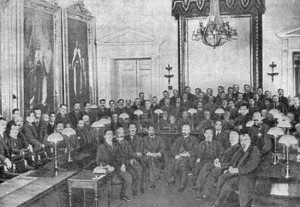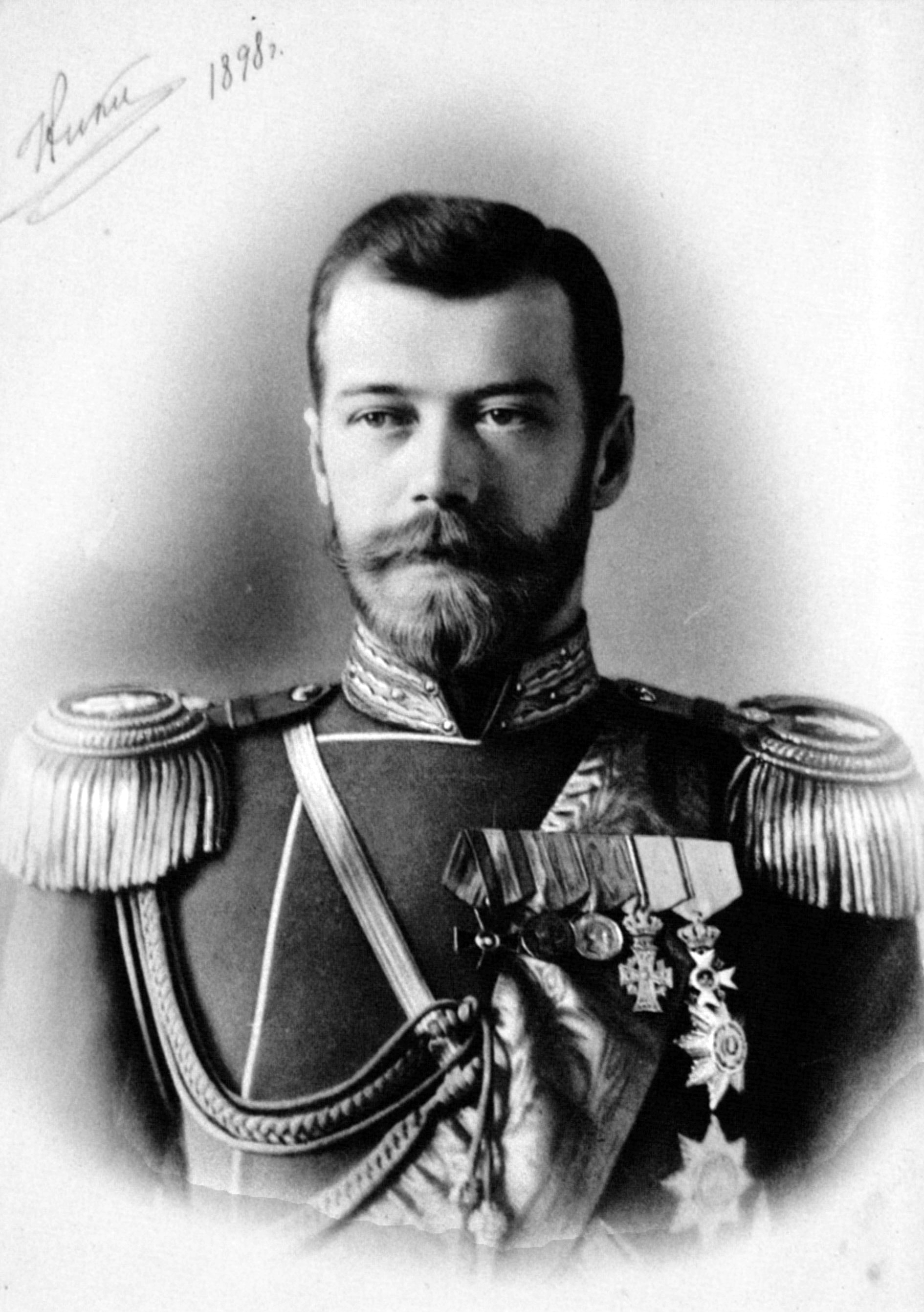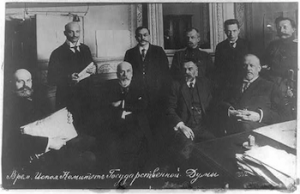Following the abdication of Nicholas II and Grand Duke Michael turning down the crown which his brother left him, the Duma found themselves with much more power than ever before. With this newfound power the Duma published its goals in Isvestia, a Soviet newspaper at the time, to make clear the plans they had for Russia under the new First Provisional Government.
It first set out to appease the masses by listing off members of its ministers. In doing so they hoped to show that they had trustworthy men leading the country who would not continue down the path that Tsar Nicholas II created. The First Provisional Government then goes on to list what it actually hopes to accomplish with the power they have. A list is formed which includes new socialist ideas such as freedom of speech, the ability to unionize, elimination of the hierarchy that has restricted the rights of peasants, suffrage, and a more unified government police which is held accountable by elections. Besides adopting all of these ideas socialist ideas, there are also goals on the list that show the First Provisional Government’s desire to wipe the slate clean for past political revolutionaries. Its first initiative is immediate amnesty to all people who are involved in various forms of revolution, including violent acts. They want a unified and progressive Russia. Ultimately, the First Provisional Government acts as the first step to the Russia that becomes run completely by the Soviets.



